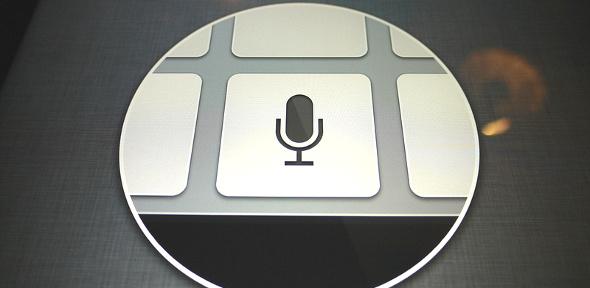
Voice-activated devices that can interact with people in a natural, intelligent way could soon be available, thanks to a development by researchers.
The focus of natural speech technology is to develop a system that can achieve human-like performance and behaviour. We are particularly interested in improving the ability of the technology to learn about and adapt to particular users and contexts.
Professor Phil Woodland
Scientists will use sophisticated computing techniques to create a combined system that can not only understand the spoken word well but can also synthesise voices that sound natural. The technology will be equipped with artificial intelligence to enable it to become familiar with a user's voice.
Scientists say the technology could have many benefits, including improved voice-activated computers and communications technology. It may also help to develop web search engines for audio clips.
Technology that responds to speech commands could soon be able to recognise an individual's voice and become familiar with a person's vocabulary, accent and vocal expressions.
The technology could also be able to follow the flow of a conversation and to gloss over changes in background noise.
Scientists at the Universities of Edinburgh, Cambridge and Sheffield aim to develop the systems over the next five years in a £6.2 million project funded by the Engineering and Physical Sciences Research Council.
Speech technology also has potential to create voice-controlled devices for the home, which could help older people stay independent. It could also be used in speech therapy.
Professor Steve Renals, of the University of Edinburgh's School of Informatics, who is leading the project, said: "We are working to develop technologies that can recognise and generate natural-sounding speech. This could open the door to computer speech technology becoming commonplace throughout our lives - at home, at work, and in our leisure time."
Professor Phil Woodland here at the Department of Engineering, said: "The focus of natural speech technology is to develop a system that can achieve human-like performance and behaviour. We are particularly interested in improving the ability of the technology to learn about and adapt to particular users and contexts."
Other academics in the Cambridge team are Dr Mark Gales and Dr Bill Byrne of the Department of Engineering's Machine Intelligence Laboratory.

